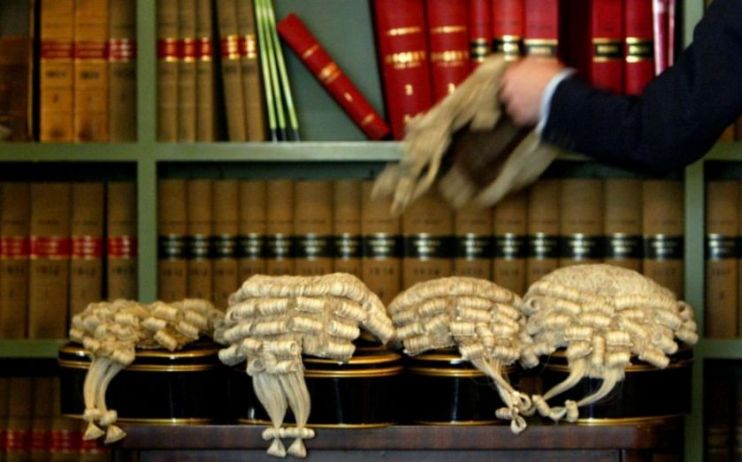Small law firms are let off from economic crime tax

Small law firms have escaped the UK government’s Economic Crime Levy, aimed at raising £100m annually from anti-money laundering (AML) regulated organisations, to help pay for the fight against economic crime.
Instead, AML-regulated organisations, including legal practices, banks and accountancy firms, with revenues above £10.2m will be subject to the new tax.
The Economic Crime Levy (ECL) was first announced by the UK government in the March 2020 Budget with the first payments scheduled to be collected between April 2023 and March 2024 by three bodies: the Financial Conduct Authority, HM Revenue & Customs, and the Gambling Commission.
The money raised from the levy will “help fund ambitious reforms,” the government said in its Economic Crime Plan, first set out in July 2019 to tackle money laundering, fraud and market abuse.
The plan contains 52 actions across seven themes including information sharing and corporate transparency.
How much companies pay for the levy will be based by the ‘size’ of their revenue and the corresponding ‘band’ they fall into as a result.
An organisation categorised with ‘medium’ UK revenue – between £10.2m and £36m – for example, will be given an annual fee between £5,000 – £50,000.
Meanwhile, companies with ‘large’ annual revenue between £36m and £1bn will be charged between £30,000 and £50,000. Finally, entities with an annual revenue over £1bn, defined as ‘very large’, would face the highest charges of up to a quarter of a million pounds every year.
Stephanie Boyce, president of the Law Society, which voiced its opposition to the levy early on during the consultation process, said she was “disappointed the UK government has decided to move forward with it,” though she welcomed the exemption of smaller law firms from the levy.
“Imposing a levy based on a firm’s revenue, is an arbitrary measure, and means there is no link between the amount a business is required to pay and the extent of the risk it brings into the system,” she argued.
Boyce also criticised the three bands proposed by the government for being “very broad indeed,” although HM Treasury has said the final figure in the legislation will be a single figure, rather than a range.
The president of the UK body representing lawyers said “Law firms play an important role in tackling money laundering.”
“It is disappointing the UK government has decided to penalise the profession when it is already devoting resources to prevent the system from being abused by money launderers,” she added.
Boyce continued: “The levy effectively represents a tax on the provision of legal services, undermining the competitiveness of a key British industry, at a time when the sector should be championed,” referring to the pandemic and the “still to be realised” impact of Brexit.
Before it is included in the 2021-22 Finance Bill, a consultation on the ECL draft legislation is being run until mid-October.